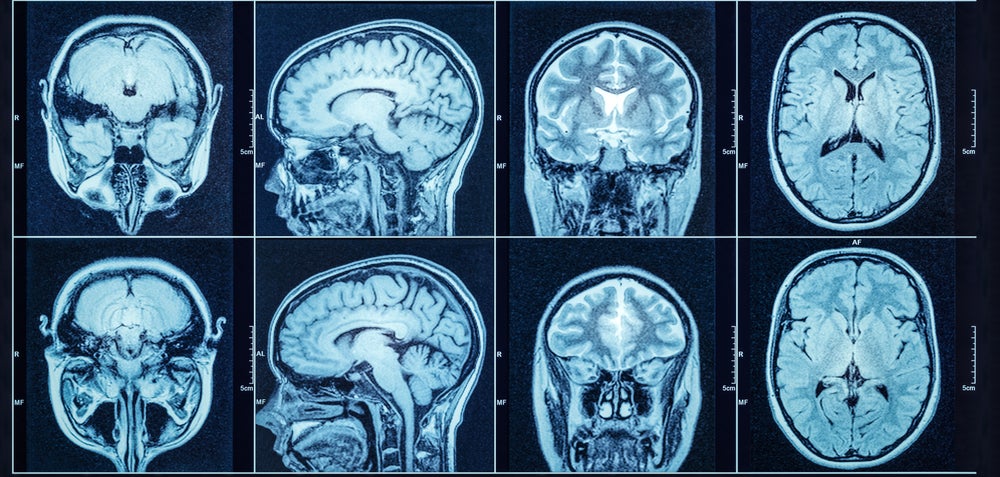Annalise.ai’s portfolio of artificial intelligence (AI)-powered triage software has expanded, after the US Food and Drug Administration (FDA) cleared the company’s obstructive hydrocephalus radiological software.
The 510(k) clearance, which is for the triage and notification of the brain condition on non-contrast brain CT scans, means radiology professionals can now have assistance from the software in prioritising patients suspected with obstructive hydrocephalus.
The tool uses algorithms to assist clinicians in identifying suspected critical findings on non-contrast head CT studies and help optimise radiology workflow.
Obstructive hydrocephalus occurs when there is an accumulation of cerebrospinal fluid along the passages between brain ventricles. It is a potentially life-threatening condition.
The FDA, seeing the necessity for accurate and quick triaging tools for the condition, also granted the software breakthrough device designation. Annalise.ai said this is the first radiology triage device to receive this accolade.
The recent clearance brings the Delaware, US-based company’s total FDA-cleared CT scan algorithms to five. The algorithms reside on its Enterprise CTB platform, which the company states can detect up to 130 radiological findings.
Annalise.ai also has five FDA-cleared tools for chest X-rays, meaning the company possesses 10 FDA clearances in total.
AI use in medical imaging is transforming clinical workflows by significantly increasing the throughput of image processing and assisting clinicians in identifying areas of interest – leading to quicker patient prioritisation.
According to a report by GlobalData, global revenue for AI platforms across healthcare will reach $4.3bn by 2024. The CAGR between 2019 and 2024 will be 24.6% and 20.6% in healthcare and medical devices respectively.
Dr Rick Abramson, chief medical officer at Annalise.ai, added: “Our advanced algorithms support radiologists by facilitating prioritization of non-contrast head CT studies with suspected critical findings, thereby optimizing radiology workflow. With its set of clearances, Annalise.ai promotes faster report turnaround times by identifying and elevating critical cases for immediate attention.”
















